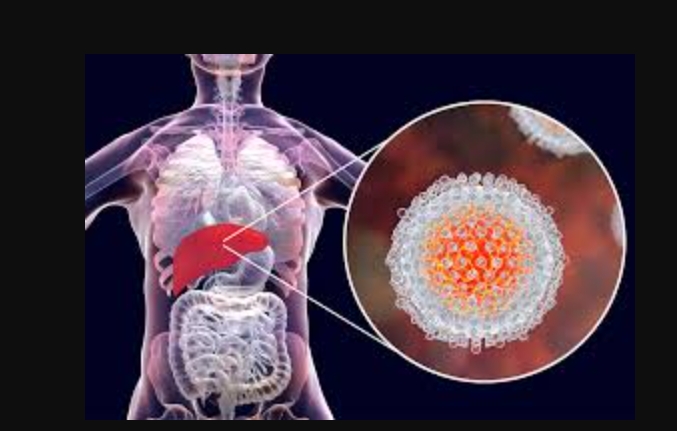FCTA BEGINS MANDATORY HEPATITIS SCREENING FOR THOSE HANDLING FOOD IN ABUJA
The initiative seeks to enhance food safety through comprehensive hepatitis screening of food handlers that will target workers in restaurants, markets, bakeries, and canteens
In a move to strengthen food safety and public health in the nation’s capital, the Federal Capital Territory Administration (FCTA) has announced plans to commence mandatory hepatitis screening for food handlers across the territory.
This was disclosed in a statement issued on Wednesday and signed by Lere Olayinka, Senior Special Assistant on Public Communications and Social Media to the FCT Minister, Nyesom Wike.
The statement indicates that the initiative seeks to enhance food safety through comprehensive hepatitis screening of food handlers that will target workers in restaurants, markets, bakeries, and canteens.
Mr Wike said the initiative is aimed at curbing the spread of hepatitis and other foodborne diseases through regular medical screening and improved hygiene compliance in food service environments.
He highlighted the health risks posed by hepatitis viruses, particularly types A and E, which are transmitted through contaminated food and water.
He warned that the viruses can rapidly spread through poor hygiene practices and can fuel the spread of these infections in a fast-growing city like Abuja.
Mr Wike described food handlers as an ‘overlooked group’ whose role is pivotal in safeguarding public health.
Hepatitis
Hepatitis is an inflammation of the liver caused by viral infection, alcohol use, toxins, or autoimmune conditions.
There are five main types: hepatitis A, B, C, D, and E. These differ in how they spread, the severity of illness they cause, and whether they become chronic.
Hepatitis A and E are usually transmitted through contaminated food or water. They are short-term illnesses that often resolve without long-term damage.
Hepatitis B, C and D are more serious and are spread through blood, sexual contact, and from mother to child during childbirth. Hepatitis B and C are responsible for most hepatitis-related deaths and can lead to long-term liver damage if untreated.
Symptoms may not appear for months or even years. When they do, they can include fatigue, nausea, abdominal pain, dark urine, loss of appetite, and yellowing of the skin or eyes. Chronic cases can lead to cirrhosis, liver failure, or liver cancer.
Nigeria has one of the highest burdens of hepatitis globally. According to the Coordinating Minister of Health and Social Welfare, Muhammad Pate, over 20 million Nigerians are living with hepatitis B or C, with 18.2 million infected with hepatitis B and 2.5 million with hepatitis C.
Addressing gaps
To address the existing gap in tackling hepatitis, Mr Wike stated that the FCTA will implement the screening through a Public-Private Partnership (PPP) consortium in alignment with the National Policy on Food Safety and Quality.
“This PPP consortium will combine efficiency, technical expertise, and funding capacity of the private sector with government oversight to implement regular and mandatory Hepatitis B and C screening for all food handlers within the FCT,” he said
The initiative also includes wider food safety reforms including mandatory hepatitis screenings for food handlers, promotion of free and effective Hepatitis B vaccination at public health facilities, enforcement of standardised food safety training inclusive of hepatitis awareness, rigorous enforcement of licensing, hygiene inspections, and medical screening requirements for food vendors and handlers.
The minister urged stakeholders, government agencies, private enterprises, healthcare providers, and food operators to actively support the initiative.
“To us, food handlers are not just service providers, they are essential public health stewards. Simple, consistent, and safe hygiene practices can significantly reduce hepatitis transmission,” he said.
“Therefore, let us break the silence. Hygiene cannot wait. Screening cannot wait. Action cannot wait. Together, let’s ensure that the FCT leads by example, turning our food industry into a symbol of health, safety, and excellence.”



Comments are closed.